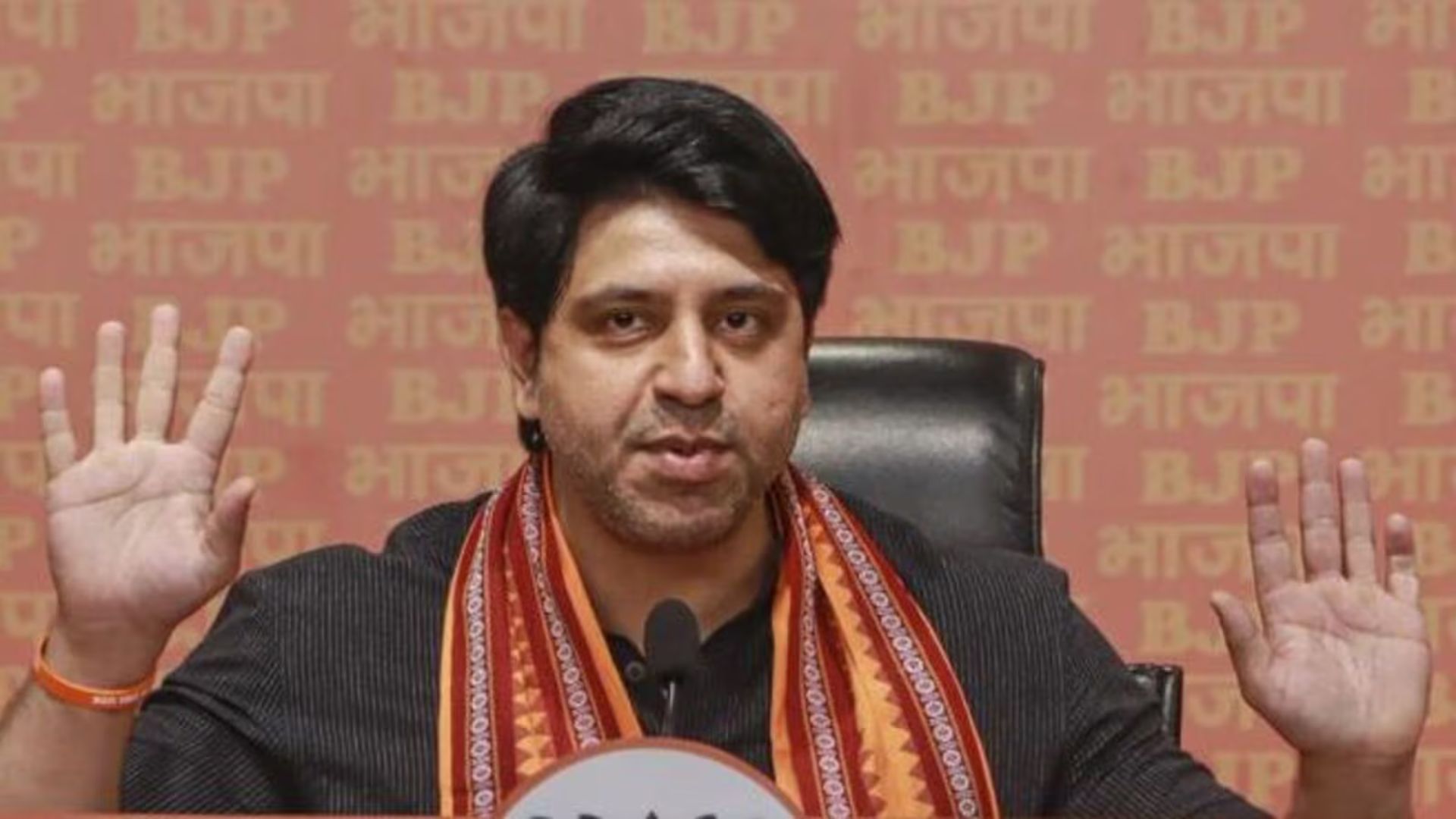
Last year in 2021 India finally enacted The Surrogacy (Regulation) Act, 2021. Surrogacy is a process where a woman gives birth to a child of an intended couple with the help of assisted reproductive technology to relinquish the baby after birth to the intended couple. In India, only altruistic surrogacy is allowed. Commercial surrogacy is not allowed here. Altruistic surrogacy means that the surrogate mother does not receive any monetary support from the intending couple except medical expenses and insurance coverage other prescribed expenses incurred by the surrogate mother which are given to her or dependents/ representative.
Regarding the criteria for surrogate mother and egg donor, it is mentioned in the act that no woman, other than an ever-married woman having a child of her own and between the age of 25 to 35 years on the day of implantation, shall be a surrogate mother or help in surrogacy by donating her egg or oocyte or otherwise. Even for the surrogacy process, it is equally important that the surrogate mother will not use her gametes for the surrogacy process. Gametes will be provided by either of the couples however in cases where the wife is infertile then the same can be taken from some donor, but not from the surrogate mother. As in surrogacy, a child mustn’t be genetically attached to the surrogate mother.
Even regarding the insurance, the act has made it clear that it is an arrangement by which a company, individual, or intending couple undertakes to provide a guarantee of compensation for medical expenses, health issues, specified loss, damage, illness, or death of a surrogate mother and such other prescribed expenses incurred on such surrogate mother during the process of surrogacy. Even regarding the insurance coverage for surrogate mothers, it is mentioned that the insurance will be covered for thirty-six months covering postpartum delivery complications from an insurance company or an agent recognized by the Insurance Regulatory and Development Authority established under the Insurance Regulatory and Development Authority Act, 1999.
In the current surrogacy act, the legislature has taken all measures so that the right of the surrogate mother should not be violated nor any women should be trafficked for this process as we have observed previously when commercial surrogacy was allowed in India. But one thing which the legislature has failed to consider in the current act is the protection of the egg donor for the surrogacy process. It is written that no one can sell human embryos or gametes for surrogacy and run an agency, a racket, or a selling organization, purchasing or trading in human embryos or gametes for surrogacy. But nothing has been mentioned about the insurance coverage for egg donors. Now the question is whether insurance coverage is required or necessary for egg donors. In the past, there have been many cases from India as well as from other countries where the donor dies during the egg donation process. The Yuma Sherpa death case of 2014 is one of the cases where the donor died during the surgical process of egg removal for ART.
Even recently one 23-year old woman from Delhi died suddenly during the egg retrieval process at the hospital. She was perfectly healthy when she agreed to this process. But it was during the process of retrieval that her heart stopped beating. Post mortem report revealed that she died from ovarian hyper-stimulation syndrome. This is a kind of complication that affects one in three women while undergoing IVF. Data suggests that severe instances only occur in less than 1% of cases. In severe situations, the condition can leave individuals struggling to breathe while causing their ovaries to grow dangerously large. Death from such disorders can be rare but chances of death are still there. Another issue related to egg donation is the usage of gonadotropin injection. This injection is commonly used for IVF. It’s an artificial hormone that is used in infertility treatment. The same injection has lots of side effects on the female body also.
Even the medical community is well aware of the health complications related to egg donors. One of the common health risks which have been seen in egg donors is cancer. But no one speaks about it because if the egg donor comes to know about the health hazards, then they might not go for egg donation and that will affect the infertility industry. But the mockery of the law is that even after the availability of medical data no medical insurance is provided to the egg donor. Though they are also one of the important parts of the surrogacy process. Egg donors have a right to protection under medical insurance as the process is not risk-free and the legislature must protect their health through medical coverage. According to Dr Anant Bhan who is a researcher on global health, health policy, and bioethics, “From the ethics perspective, such groups of people (egg donors) need to be protected with a higher compensation and ensuring that there is adequate medical support.”
This statement clearly shows that egg donors must be protected through medical insurance. Egg donors played an important role in infertility treatment, particularly for IVF but no support is provided to them in case of any unfortunate incidents with them. It’s a violation of their fundamental right. It’s high time to include the egg donor under insurance coverage for their safety and protection under the current Surrogacy Act, 2021.
Dr Pyali Chatterjee is the HOD, Faculty of Law, ICFAI University, Raipur, Chhattisgarh















